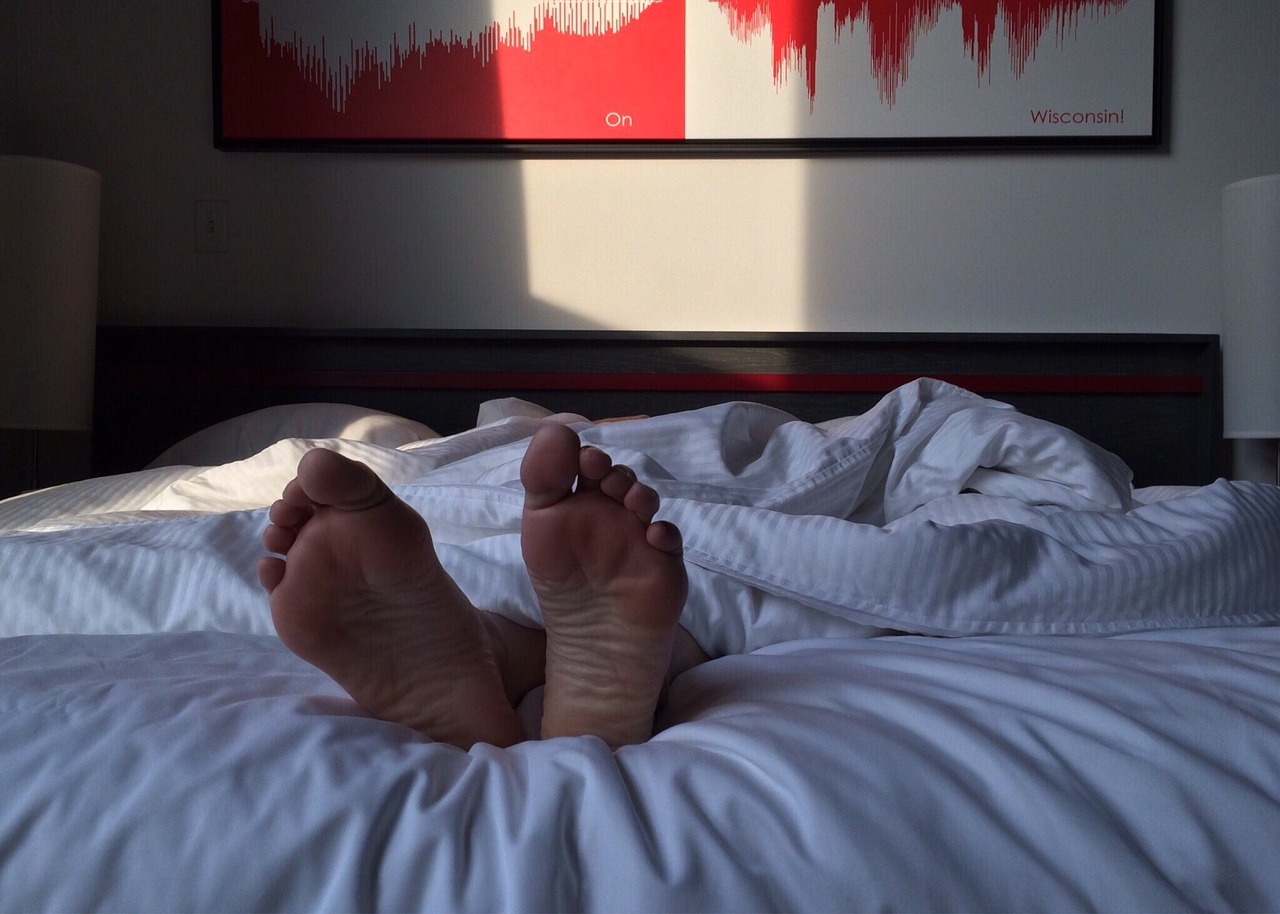There’s the super-replicating belief that when you sleep-in, snooze or wake up relatively later than other people it equals being lazy.
Unfortunately, being a 9-5er doesn’t help issues, especially when you work in a cosmopolitan city and reside several miles away from work. That’s why we love and crave holidays because we get to sleep more.
Science says that we need not less than eight hours of sleep to perform optimally daily. With published research articles that insists that people who sleep in are more creative, score higher on inductive reasoning tests, are less stressed and are more productive. Sadly, many people get by on less.
An article published on the Huffington Post in 2015, concludes that those who have different sleeping schedules are considered more intelligent. This is because they have created new evolutionary patterns, using the analogy of the night owl and early birds.
Another research from the University of Madrid in Spain analyzed sleeping patterns of a thousand students. They found out that those who slept later and woke up later scored higher on inductive general reasoning tests are more productive.
According to the BBC, researchers in Westminster, in the United Kingdom, examined the saliva of 42 volunteers that have different sleep schedules eight times throughout the day for two days.
Their results found that the individuals sampled who woke up earlier had elevated levels of cortisol, which is the body’s main stress hormone, than those who sleep more. So much so that those who wake earlier, complain of muscle aches, headaches and cold symptoms and were generally in worse moods.
ABC Science reported on a study conducted of 120 men and women by the Catholic University of the Sacred Heart in Milan that showed higher creativity levels in their respondents who slept move. Sleep is human and that’s why increasingly some companies have started to slowly introduce the concept of naps in the afternoon for their staff.
According to Vincent Walsh, professor at the University College in London, who carried out a research on the human brain; he claims that people are obsessed with sleeping only during the night and have long adopted long time night sleep patterns since the industrial revolution. However, a nap between 30 and 90 minutes in the afternoon could help to improve creativity and productivity in companies.
Sleeping on the job especially in the afternoon was once considered a taboo. These days more companies are encouraging their staff to take afternoon snoozes. And I believe it is such a wise practice because sleep researchers report that about 29% of workers fall asleep or becoming very sleepy at work.
Sleep withdrawal typically costs the United States about $63 billion each year in lost productivity. Companies that have strong commitments to staff wellness recognize the benefits of on-site napping.
Japan, is known to be a relatively sleep deprived country. According to the Japan Times, the average Japanese sleep time is shorter than most other developed countries save for South Korea who sleep less and they work constantly under pressure daily.
In a survey of social trends by the Organization for Economic Cooperation and Development, Japanese citizens sleep for 7 hours, 43 minutes — oh so close–, which is less that the recommended 8 hours for all OECD countries.
Companies in Japan have started to adopt the new trend aimed at improving worker’s efficiency and productivity through power napping. A growing body of research has found that taking naps help to keep performance levels high and prevent mistakes that could come from sleepiness.
More and more, we realize that the accumulating effects of stress, inattention and burnout have the worst effects on the quality of work that we do. While longer sleep time or naps may not solve all those challenges, enlightened companies know it is a great investment.
This in the best interest of their employees mental and physical wellbeing. Brands like Zappos, The Huffingtons Post, Nike, Google, Procter and Gamble among many others make the growing list of companies that have rooms dedicated to their employees just to nap, sleep, rest or meditate.
There is no need to feel guilty when you sleep some more. Here are few reasons why sleeping can boost your productivity.
1. Getting the right amount of sleep helps to boost your mood and will infuse your body with extra energy.
2. You will recover from distractions when you’re feeling refreshed.
3. Remember that sleep deprivation can cause on the Job burn-out. You want to sleep as much as possible so as to have a long career and job satisfaction.
4. Adequate Sleep time improves your ability to make better and more accurate decisions. This will significantly improve your memory. Sleeping in can improve your long-term memory retention, memory organization, and learning especially during REM sleep.
This is the stage of sleep that have eye movements and dreaming. During REM sleep, the brains pathways are randomly fired and this causes strengthening of memory circuits. Once there is a sleep deprivation, you have shorter periods of REM sleep and this interferes with thinking, learning and memory.
5. If you sleep extra, you are more alert and are insusceptible to making frequent mistakes. We can’t rule out mistakes totally seeing we’re again all human.
If you constantly feel drowsy during the day, you are probably not getting enough sleep since you don’t want to be caught compromising your work performance. Take a power nap. At the end of the day, you will be better off for it.


